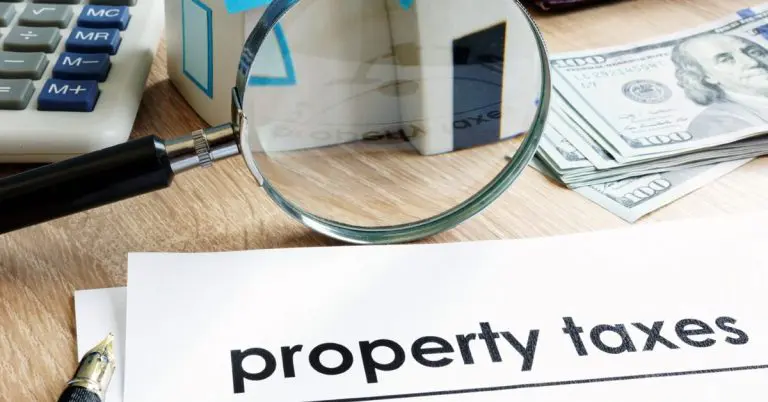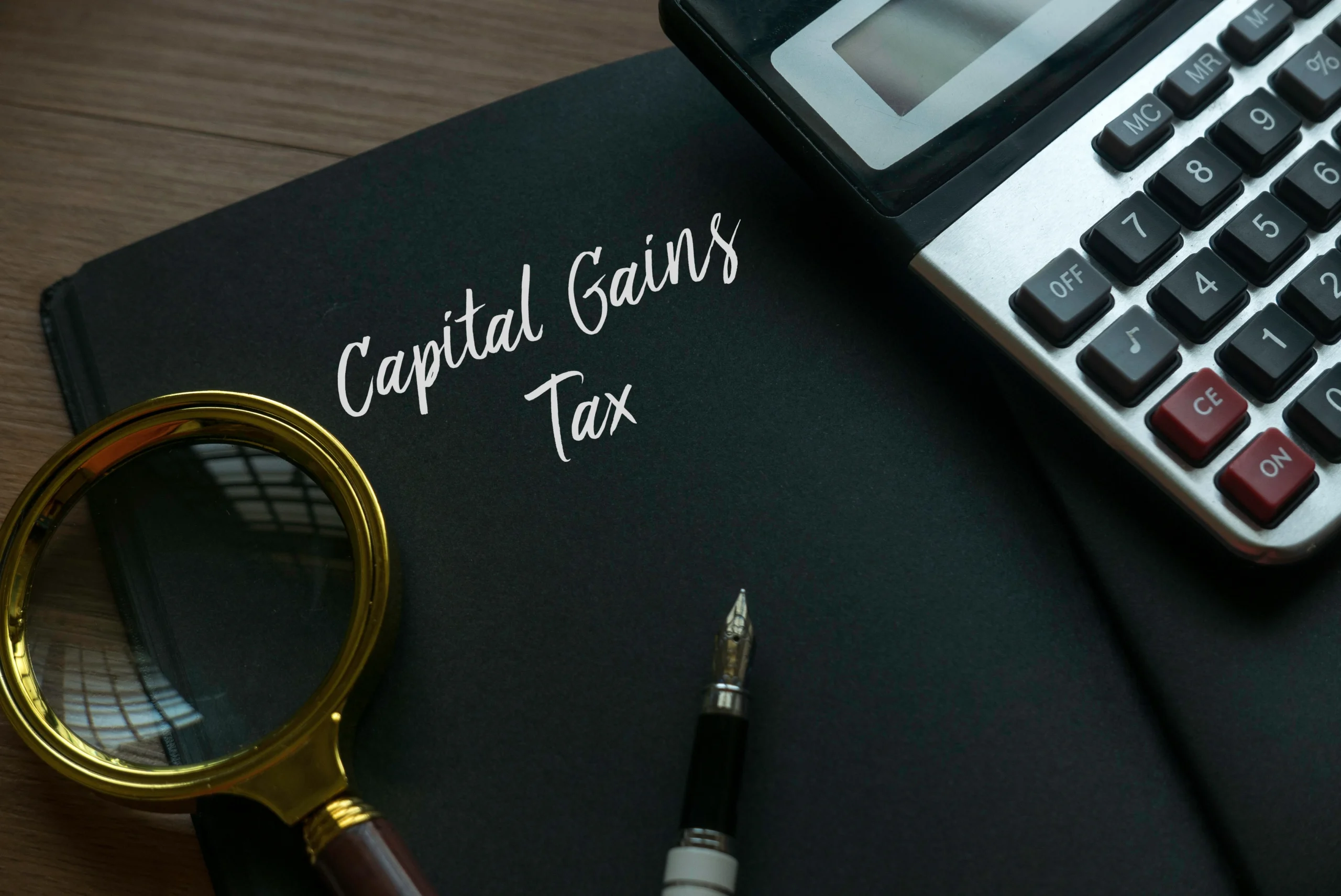Housing affordability continues to be a hot topic and the often-raised suggestion of replacing stamp duty on the sale of a property with a universal land tax is back on the table.
In short, the NSW government is dusting off the land tax idea and political experts say that this move could easily encourage other states to follow suit, with both NSW and Victoria collecting about 25% of their total annual revenue from stamp duty.
The proposal envisages that a homebuyer could either opt to pay stamp duty on a property purchase price, or an annual land tax that would be based on a property land value that would then be attached to it forever. In other words, once a purchaser opted for the annual land tax option in lieu of stamp duty, there would be no going back.
But why?
Well, probably a few reasons like;
- To steady the tax revenue received each year regardless of the housing market (ie. no collapse during a recession).
- To encourage downsizers to sell their too big home and buy something smaller.
- Collect more continuous revenue over time.
- Increase interest in first homebuyers (ie. less upfront costs)
- Encourage more building of new homes
But will we be better off?
The biggest problem with a tax based on land values is that, in many states, it is common practice to leave the rate of land tax unindexed, which means that each time a property increases in value, the land tax bill increases, too.
A homeowner who chose the land tax option would most likely be faced with an increasing land tax burden as the years passed. This could be particularly hard on retirees, who could see their home costs increase while their capital decreases.
Another major flaw in the proposal is that it would likely provide a “free kick” for property speculators. It is generally accepted that speculators competing with regular homebuyers has been a major reason for property prices soaring to record highs.
In NSW, a person who buys a property today for $800,000 would pay stamp duty of $31,335, irrespective of whether or not it is their primary residence. This large upfront cost is a major disincentive for speculators who want to buy property now and quickly flip it.
However, speculators may have a field day if they could choose an annual land tax bill instead of stamp duty. If they held the property for only a short time, there may be no land tax at all payable.
The Real Estate Institute of NSW supports the idea but does ask a question that is a fair one to ask: “A land tax may be more broadly-based than stamp duty, but it still only applies to property. Investors in shares, for instance, pay no comparable tax,” said the CEO of the REINSW, Tim McKibbin.
The Treasurer thinks young property buyers will tick the box on a lower upfront land tax calling it “the Netflix of property tax,” while bagging stamp duty as “a tax from a bygone era.”
The ABC says: “It will require every other state to follow suit and hefty compensation from the Federal Government during the next few years. Politically, that’s a tough sell.”
Ultimately, the devil will be in the detail. Let’s hope pros and cons are discussed from every angle to avoid a potential property market disasters…





